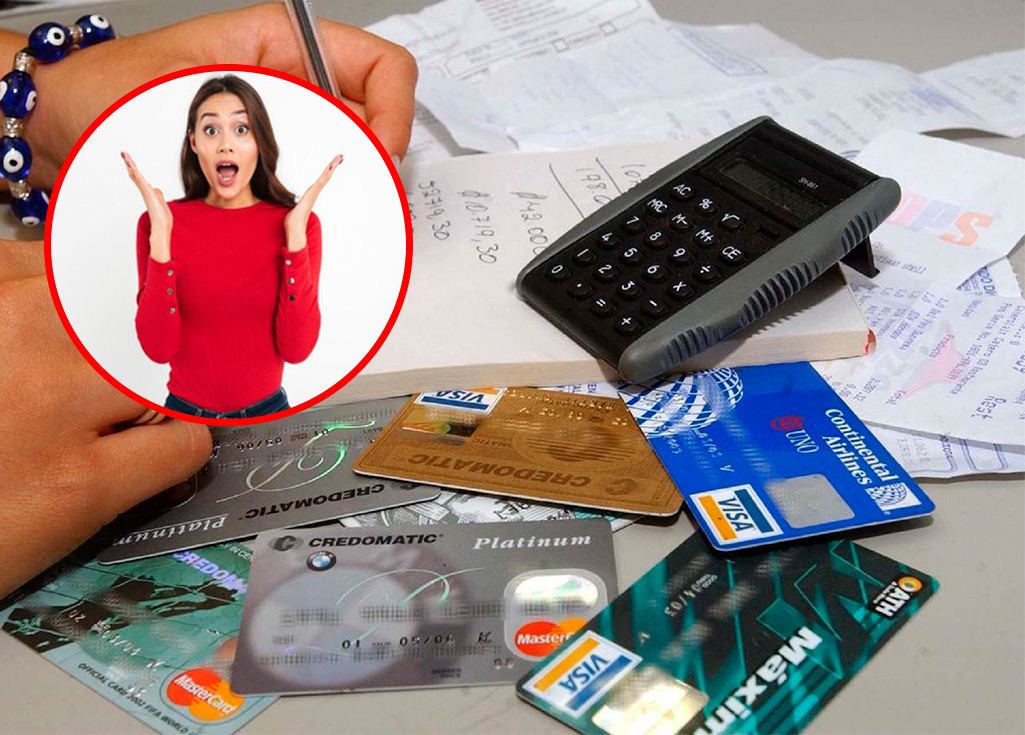
Attention! Find out if you have credit cards or loans in your name that you have not requested. Check here step by step how to request it.
It is alarming to see how the news reflects an increasing number of cases of cybercriminalsUnscrupulous individuals are engaged in falsifying the identity of citizens in order to obtain loans, credit cards, telephone lines, among others. These actions bypass all cybersecurity filters, putting the privacy and security of users at risk in the digital world.
It is therefore essential to be alert and take preventive measures to protect our data and avoid becoming victims of these cybercrimes. In this note you will be able to find out how to check if you have any loans or credit cards that are in your name, but that you have never requested. Take note!
How do I know if I have debts with my ID?
To be able to know if you have debts such as a loan or cards in your name you can review it through the website issued by the Superintendency of Banking, Insurance and AFP (SBS). The consultation is free and you only need to have one user.
- Please enter this official link. Click here.
- Then at the bottom you will find a box ‘Check your Debt Report for free’, enter this option.
- You will then have different options to carry out your search.
- The options for consultation are online, in person, and at the service desk. Choose the option that best suits you.
How can I tell if someone issued a credit card in my name?
The SBS has a notification service in case a third party issues a loan or credit service in your name. Check here how to activate it.
- Enter this official link. click.
- Log in with your username, if you don’t have one you can create one.
- Then follow the steps on the website. You will be asked for your email address, so it must be active.
- After signing up for this new mechanism, you will be able to receive alert notifications from the SBS.
How long in arrears am I considered a debtor with ‘potential problems’?
In the financial field, institutions categorize their debtors based on the length of their arrears. A common case is that of consumer loans. For example, if an individual delays their payment between 9 and 30 calendar days, they are assigned the rating of ‘potential problems’, which is recorded in the general system.
What is credit history?
He credit history It is essential, as it represents the assessment of a person’s borrowing capacity. This factor significantly influences loan approval, the interest rates that will be applied, housing rentals, and many other banking requirements. Having a positive credit history is key to facilitating access to loans and financial services. It is important to maintain a good credit history in order to enjoy greater benefits and opportunities in the financial field.
Source: Larepublica
Alia is a professional author and journalist, working at 247 news agency. She writes on various topics from economy news to general interest pieces, providing readers with relevant and informative content. With years of experience, she brings a unique perspective and in-depth analysis to her work.












